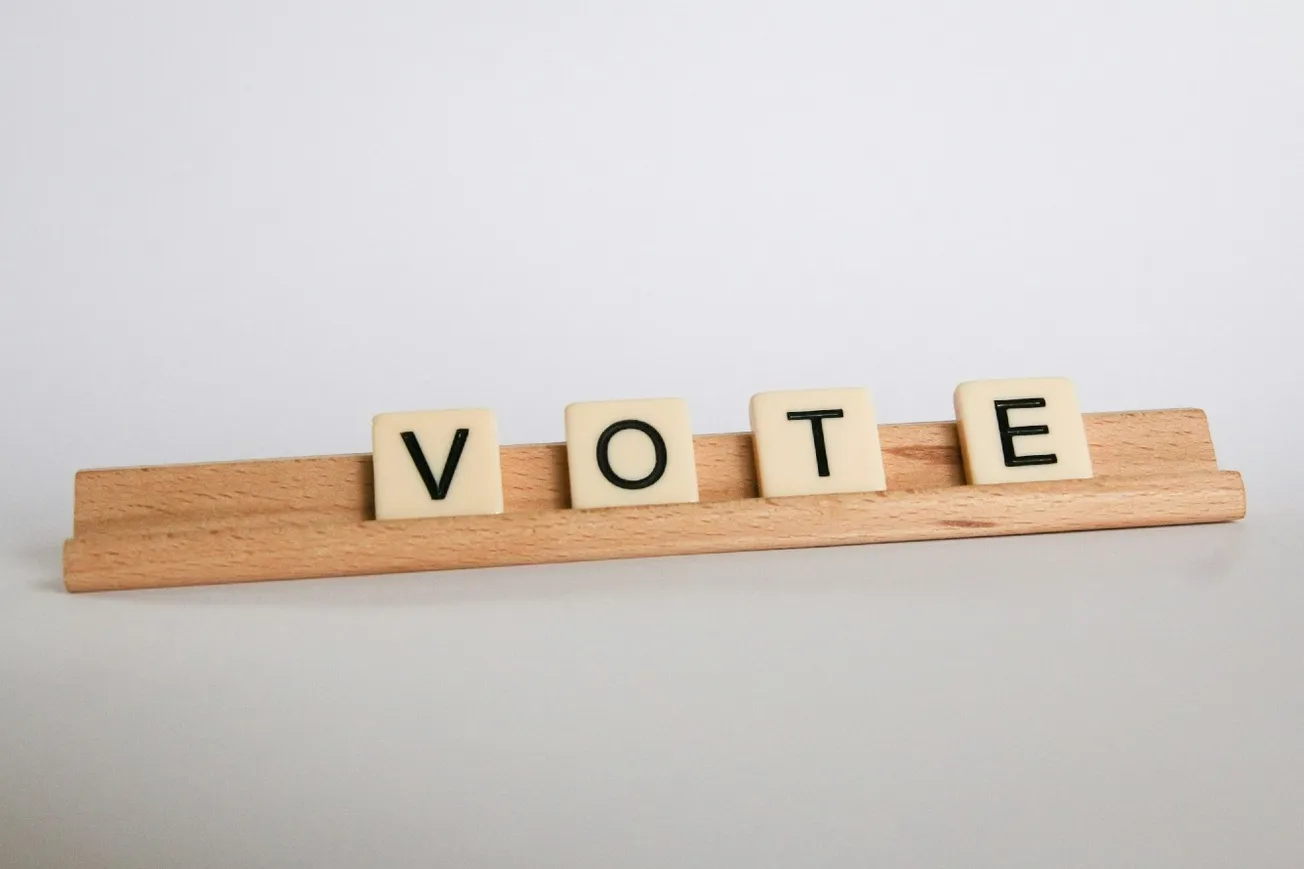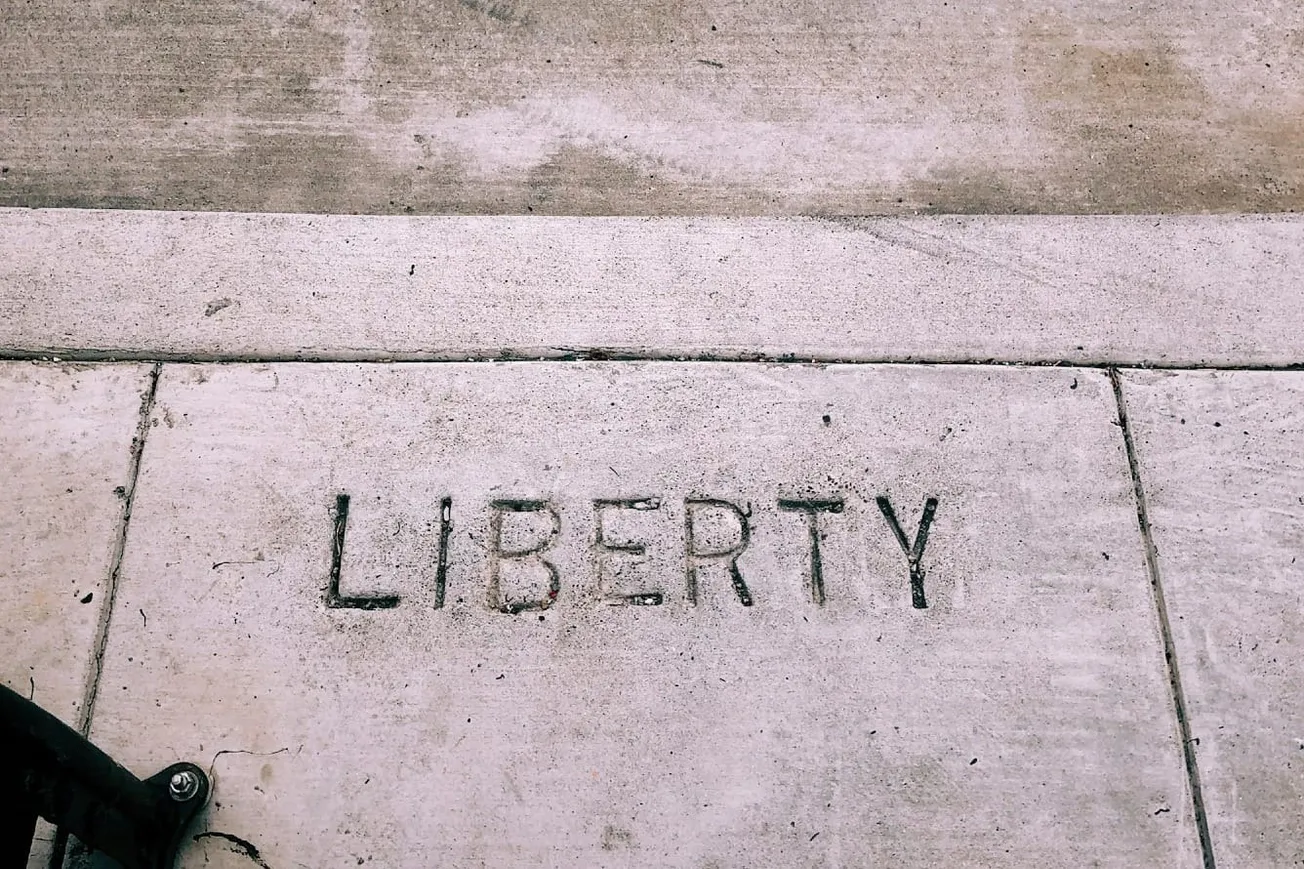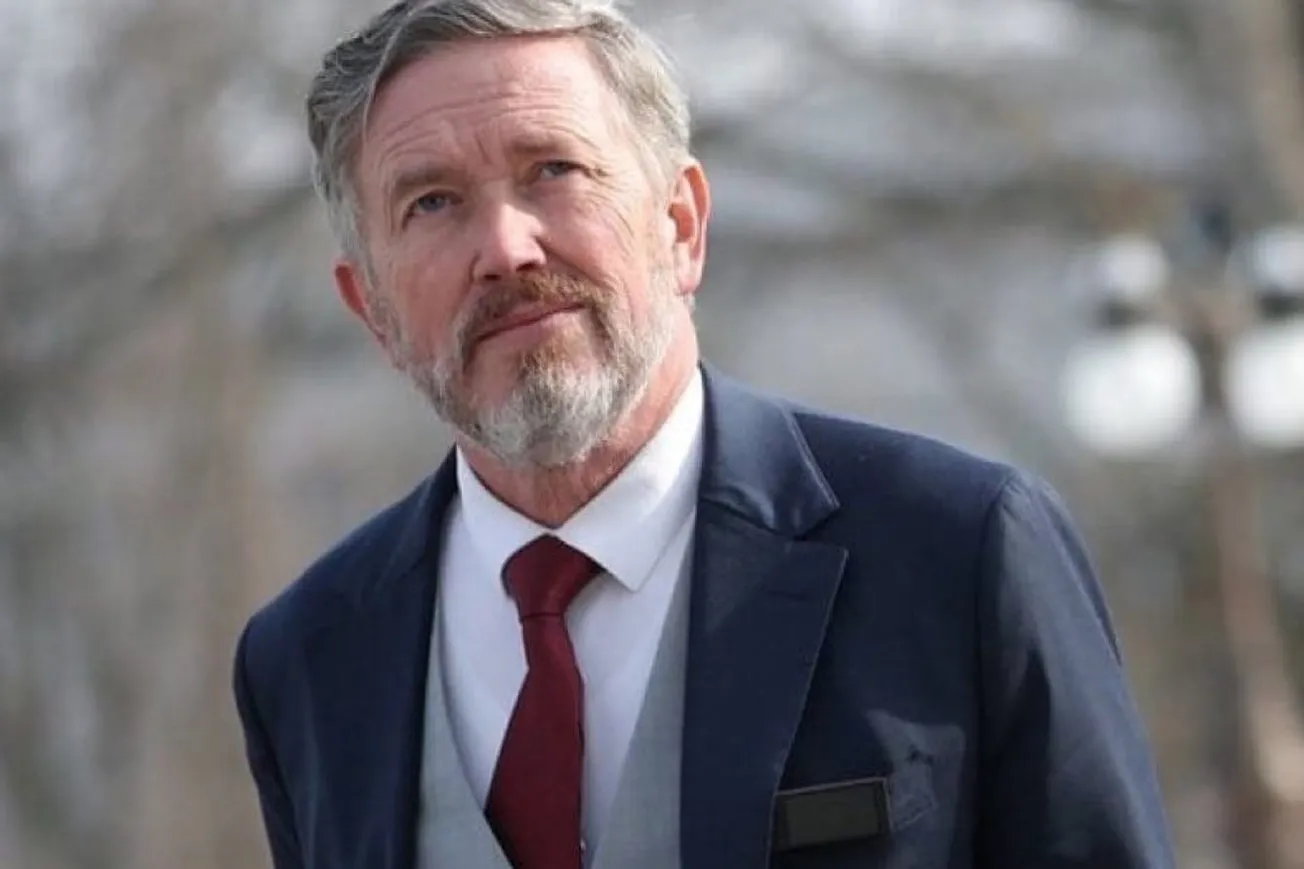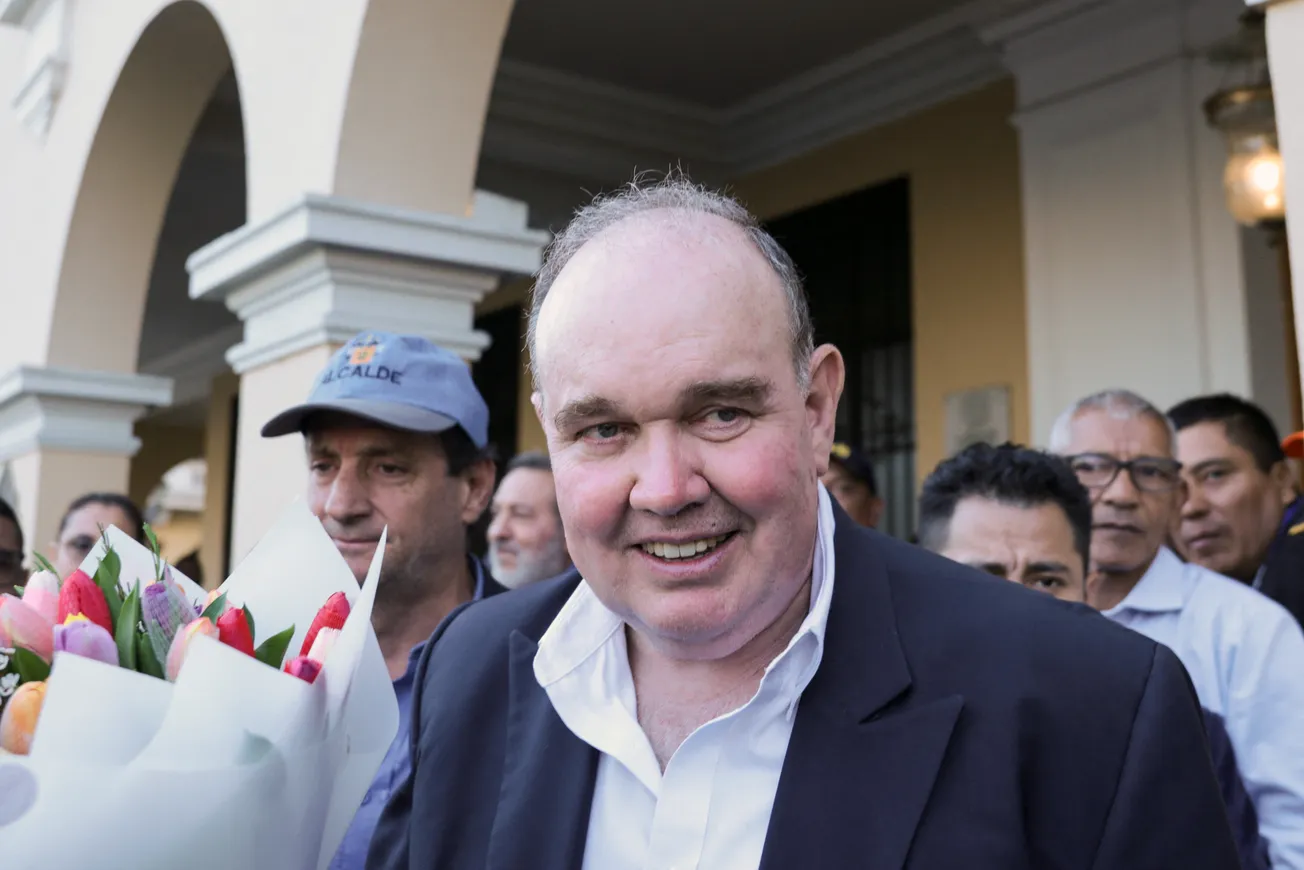By Ryan McMaken, Mises Wire | February 11, 2025
In modern democratic states, such as our own, the debate over who gets naturalized is essentially synonymous with the debate over who gets the legal right to vote.
The sentence “I think we should expand the number of foreign nationals who are naturalized.” Is functionally the same thing as saying “I think we should expand the number of foreign nationals who vote.” There is no meaningful difference between the two statements.
In the modern West, any debate over citizenship is ultimately a debate over the franchise. Libertarian advocates of mass immigration tend to ignore this and—often disingenuously—pretend that migration is merely a form of economic exchange. In the United States, though—as in most of the West—naturalization is usually offered to immigrants after jumping through a series of very low hurdles. In the case of birthright citizenship, naturalization is often given to populations that may or may not even be full-time residents.
More honest observers of immigration do not deny that immigration becomes politicized when naturalization is so freely available. After all, human beings have never been purely economic units. They are political actors as well.
The politicization of immigration imposed by naturalization then leads to opposition because many native residents conclude—with good reason in many cases—that people who are only minimally attached to a community should not be voting members of it.
The problem of determining a standard for political participation at the ballot box was a common question among the early libertarians—people who were called “liberals” before the twentieth century. These libertarians opposed state power and supported private property, and they also wanted to expand the size of the voting public. Even these radical reformers, however, recognized the folly of allowing anyone and everyone to vote, regardless of whether or not they had any “skin in the game.” Prudence dictated that political participants needed to be invested in the community somehow.
This presented a new problem: how do we measure the extent to which a person is attached to the community? Historically, this was measured in terms of taxation and property. It may be, however, that when considering the problem of naturalization for immigrants, other metrics are needed. In any case, the question over political participation has not fundamentally changed since the early days of the libertarian reformers.
Locke and the Levellers: The Taxpayers’ Franchise
Murray Rothbard referred to the English Levellers of the seventeenth century as “the world’s first self-consciously libertarian mass movement.” They were staunch opponents of both monarchical absolutism and the Cromwellian authoritarianism that followed. They opposed mercantilism, supported free commerce, and sought to expand the franchise. On the other hand, they also believed in a limited franchise.
There is debate today among historians as to just how limited the Levellers thought the franchise ought to be. Historian Ralph Raico suggests that the Levellers “were a typical product of bourgeois liberalism, and in fact favored restricting the franchise to those who paid taxes.” Historians Roger Howell, Jr. and David Brewster looked to a Leveller newspaper, The Moderate, for a general Levellers view of who constituted “the people”—that is, the people who should vote. Howell and Brewster conclude:
In many cases The Moderate tended to link “the people” with those who made some kind of contribution to society, or at least in normal circumstances would have done so. These were the individuals who supported the government through taxes, billeted troops in their homes when necessary, or who were engaged in some gainful occupation.
John Locke, who was likely influenced by the Levellers, held similar views. Historian Mark Goldie describes Locke’s view of democracy this way:
Here is a theorist of revolution and popular sovereignty who showed scant interest in the franchise. He himself probably never voted in a parliamentary election; and never complained about this. In paragraph 213 of the Second Treatise, he blithely invites the reader to assume a parliament comprising a ‘single hereditary person’, ‘an assembly of hereditary nobility’, and ‘an assembly of representatives chosen by the people’ – very English, and undemocratic. A number of political scientists still piously insist that Locke was implicitly a democrat. Yet he was certainly not a franchise democrat.
Some later commentators on Locke have tried to explain Locke’s views on democracy by claiming that Locke was really an elitist whose libertarian views were superficial. Rothbard disagrees and concludes that post-1670, Locke was very much “a libertarian exponent of self-ownership, property rights, and a free-market economy.”
Moreover, as historian Mark Knights shows, Locke was very much an advocate of the “rate-payer franchise”, or what Raico calls “democracy of the taxpayers.”
Property Rights More Important than Political “Rights”
This was consistent with Locke’s overall philosophy since, as Knights notes, Locke “did not invoke natural rights when discussing representation.” That is, Locke, who absolutely viewed property as a matter of natural rights, did not believe political mechanisms like voting and parliamentary representation were a matter of natural rights.
A similar division between political “rights” and property rights is echoed by Montesquieu. For Montesquieu, there is a distinction between the political law of the community and the civil law of private property. As one legal scholar summarizes Montesquieu’s view, “political laws must in no way retrench on private property because no public good is greater than the maintenance of private property.”
Montesquieu, therefore, also sought to limit the franchise to owners of property, and thus according to Krzysztof Trzciński, “access to [the vote] was still dependent on the state of ownership.”
For both Locke and Montesquieu, private property was more fundamental than any political “right,” and this required prudential limitations on political access which were designed to favor the preservation of private property.1
For these libertarians, the primacy of private property did not allow for an unrestrained franchise. That invited the abuse and subversion of private property, rather than for its protection.
The Triumph of Rousseau’s Mass Democracy
Unfortunately, modern views of democracy—even among self-identified libertarians—place property rights below political “rights,” with disastrous results.
Much of this can be blamed on the immense influence of Jean-Jacques Rousseau on nearly every modern ideology. Rousseau was an intractable enemy of private property and in his Social Contract, one of his main goals was to subjugate all private property to the so-called “general will.” This “will” was defined by the full mass of the population voting in a state of total political equality. This was a reversal of the Lockean view, and put politics above property. Thus, Trzciński concludes Rousseau’s system significantly “expanded the political freedom of state members, but at the same time, interestingly, limited their property rights.”
Today, it is the Rousseauian view that prevails as is so often seen in relentless attempts to subvert true natural property rights to the “will of the majority.” It had already prevailed in France in Frédéric Bastiat’s time which led Bastiat to describe the state as “the great fictitious entity by which everyone seeks to live at the expense of everyone else.”
Even centuries after Locke, many radical liberals remained cautious of universal suffrage. In Britain, the Reform Act of 1832 greatly expanded the franchise, but even in this case, “alms-takers” were excluded and it is difficult to find liberals/libertarians who supported an unrestrained franchise. Rather, the idea behind reform was to expand the vote to a “householder franchise” of smaller property owners and to households—we’re not talking one-man-one-vote. The reformers imagined the new voters as—in the words of one liberal—“resident people who have something to show for their responsibility.”
Unfortunately, this focus on private property would eventually evaporate from the debate over the franchise.
By the second half of the nineteenth century, much of the Continent was already well ahead of Britain, where French revolutionary ideas of democracy were prevailing. In Bismarck’s Germany, for example, there was universal manhood suffrage decades before it was adopted in Britain. It is likely not a coincidence that it is in Imperial Germany that the modern welfare state was born. Bismarck understood how democracy worked, and he invented a nationwide bureaucratic “safety net” as a necessary step in gaining political support form the voting public.
Needless to say, in neither France nor Germany did the innovative expansion of suffrage actually secure the natural rights of the people. Rather, the ruling majorities in both states cultivated democracy as a means of looting the taxpayers.
It turned out that Locke was right.
Thanks to the triumph of social democratic thinking—itself the offspring of Rousseauian and French Revolutionary ideologies—tying the franchise to property ownership is considered today to be reactionary and all too bourgeois. Nonetheless, there remains among many voters a recognition that it may not be prudent to grant access to hand over voting rights to each and every person who happens to be present within one’s physical community at any given time. In the spirit of Locke and Montesquieu and the Levellers, there persists a notion that voters should be somehow invested in the community. If they’re not invested monetarily, this thinking goes, then the voters should at least be invested culturally, or through historical bonds of some kind to the community.
As the early libertarians might have said, this isn’t a question of property or natural rights. It’s a question of politics and prudence.
Ryan McMaken is executive editor at the Mises Institute, a former economist for the State of Colorado, and the author of two books: Breaking Away: The Case of Secession, Radical Decentralization, and Smaller Polities and Commie Cowboys: The Bourgeoisie and the Nation-State in the Western Genre.
Original article link









